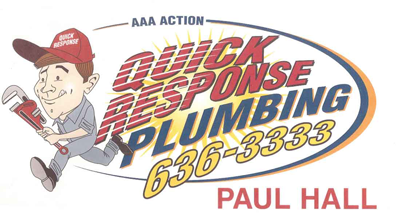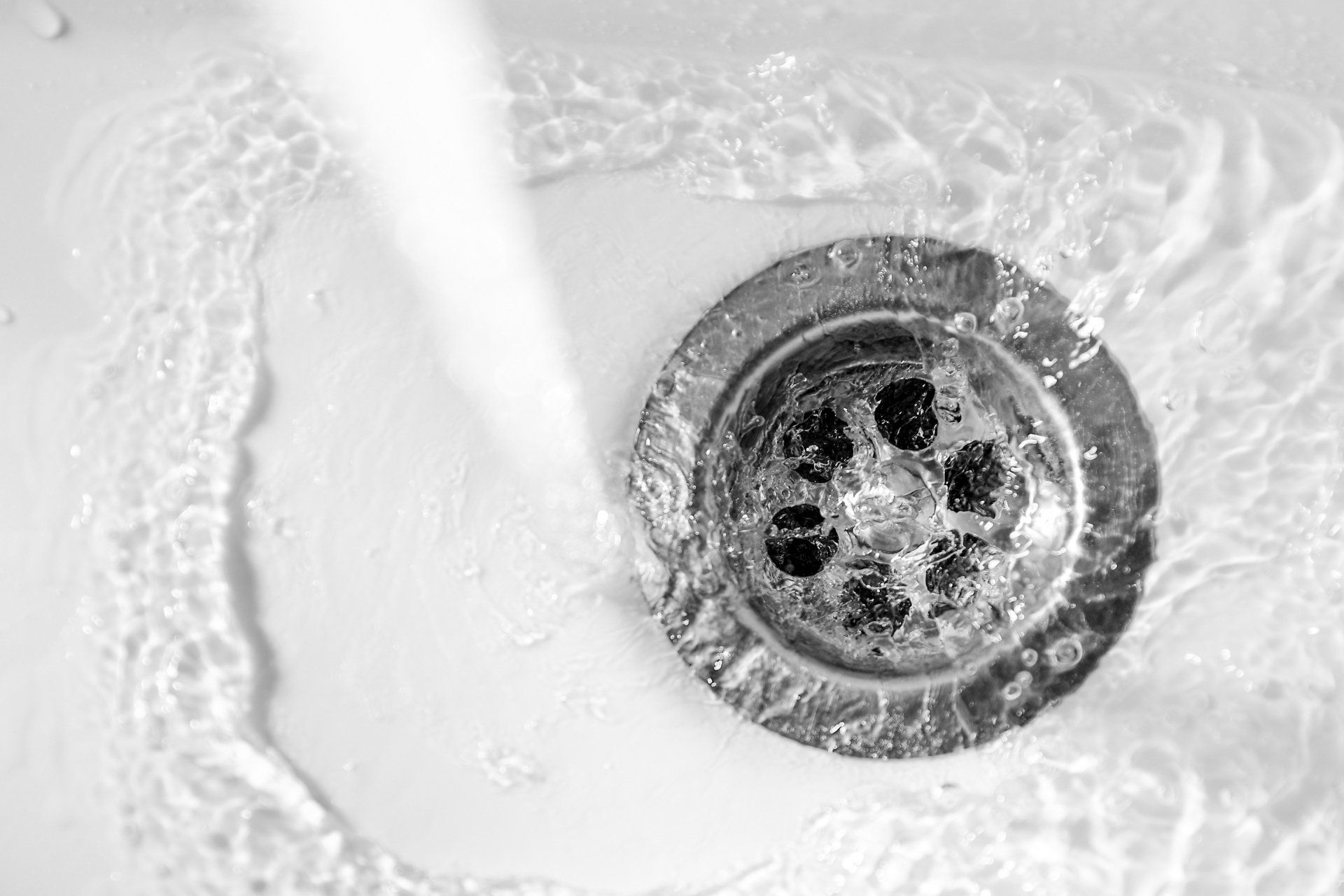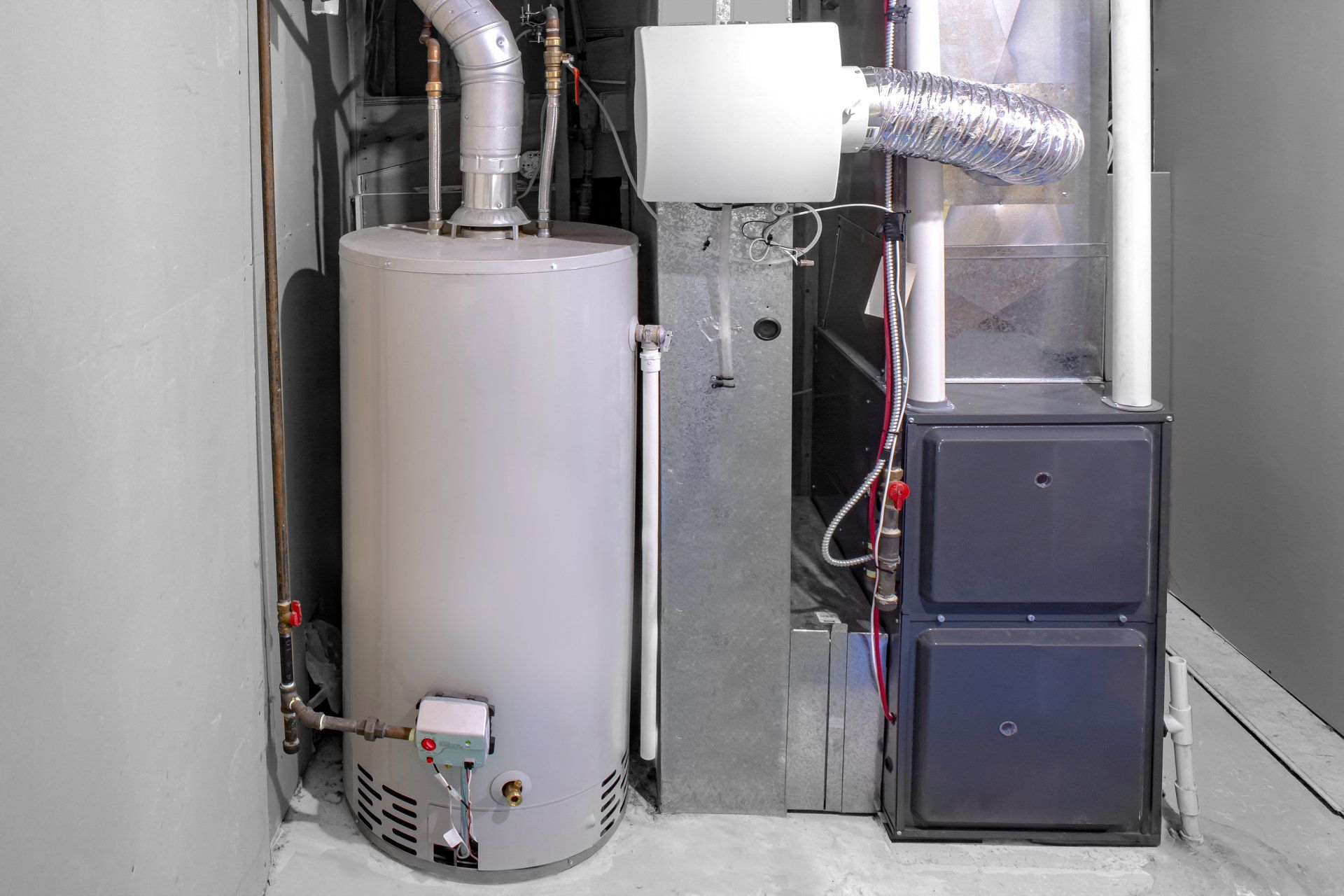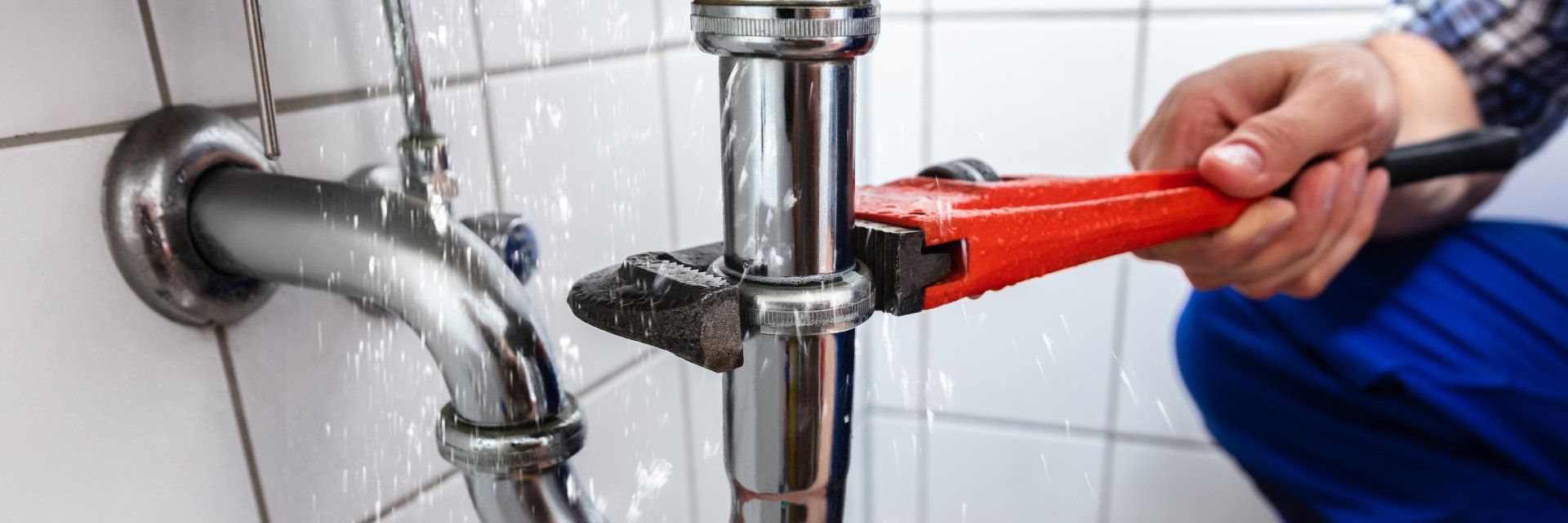
Blog
Blog

16 Dec, 2022
10 Common Plumbing Emergencies Household appliances are essential to our daily routines, and staying aware of their life span or signs can significantly benefit you and your family. Although we all wish our plumbing worked flawlessly every day of the year, we live in the real world, occasionally encountering real-world plumbing issues. Call AAA Action Response Plumbing for all of your plumbing emergencies! If you think your home is at risk for a plumbing emergency, contact us at AAA Action Quick Response Plumbing! Emergency Plumbing Service Types Leaky Faucets Leaks are a typical plumbing emergency, particularly in older homes or original fixtures. Certain parts of the faucet can wear out or loosen over time resulting in leaks. Even a tiny amount of water can quickly lead to significant issues if it drips from a faucet. Common problems with leaking taps include mold, rust, and high water bills. Leaks cause permanent water damage. Most water pipes are prone to clogging, and debris accumulates over time, resulting in damaged pipes. Signs of a leaky faucet include deposits on the sink and a loose handle. Turning on and off your faucets should be a smooth, silent operation. If turning the handle becomes difficult, or if they make a squeaking or scraping noise, you have a problem. A leaky faucet fixed quickly can prevent permanent water damage in your home. Leaky Water Heater One of the most significant signs your water heater needs replacing is if it's making strange noises. Many customers have heard popping sounds and loud cracks coming from their heaters. These sounds indicate that parts of the heating unit are broken and worn out. Some signs that you have a leaky water heater are debris and sediment build-up in your heater's tank. You can often remove the build-up, and your heater will return to normal. Exercise precaution when removing build-up Burst Pipes & Worn Fixtures While water trickling or dripping from your faucet is an obvious sign of a leak, many leaks are much more subtle and difficult to detect. One way to check for damaged pipelines is to check your water meter. Many meters have a small triangle (red, blue, or white) on the meter face that detects even minor leaks. If this triangle moves while all water is off inside and outside your home, you may have a leak or burst pipes. A running toilet, constant dripping from your sink or washer connection, and an irrigation drip system are all familiar leaks. If you detect damaged pipes or worn fixtures on appliances, immediately turn off the water to conserve your water supply until a plumbing expert arrives. Clogged Garbage Disposal The signs of clogged garbage disposal are easy to spot. Common clogged disposal symptoms are grinding sounds, pungent odor, and power issues. You should recognize disposal unit jamming by audible noises such as humming or grinding. Most garbage disposal unit jams result from more oversized items being pushed down into them. To avoid further damage to your garbage disposal, do not pour fats, oils, coffee grounds, rice, pasta, or other solids down the sink. Pour used cooking oil into a heat-resistant container and properly dispose of it once it has cooled. When you pour grease down the drain, it solidifies as it cools, causing a clog. Backed-Up Sewer System If any of your plumbing systems, like your sewer line, is backed up, you should call an emergency plumber. A sewer backup is something you should avoid at all costs. Blockages happen when wastewater does not drain properly away from your home due to an obstruction or damage. During heavy storms, massive water can flow through gutters and sump pumps. Sanitary sewers cannot handle such large amounts of water, which increases the likelihood of a backup. Sewer backup issues happen when the main sewer line for your house links to the municipal sanitary sewers. Water will continue to fill your sewer lines and drain pipes if not addressed immediately, resulting in a backup. Common causes for sewer back-ups are old sewer systems, sump pump issues, or municipal sewer issues. The materials for most sewer pipes are materials like PVC, cast iron, or clay. Although these materials are durable, they will not last forever. Sewer pipes will inevitably break and eventually collapse as they age. Call AAA Action for Your Plumbing Problems Most plumbing companies define a plumbing emergency on their terms, based on their experts' availability to fix your home appliances. However, we consider any inconvenience to be an emergency. Some emergencies are fixable, while others require the assistance of a plumber. If you think your home is at risk for a plumbing emergency, contact us at AAA Action Quick Response Plumbing!
Contact Us:
801-636-3333
Provo, UT
aaaquickresponse@gmail.com

